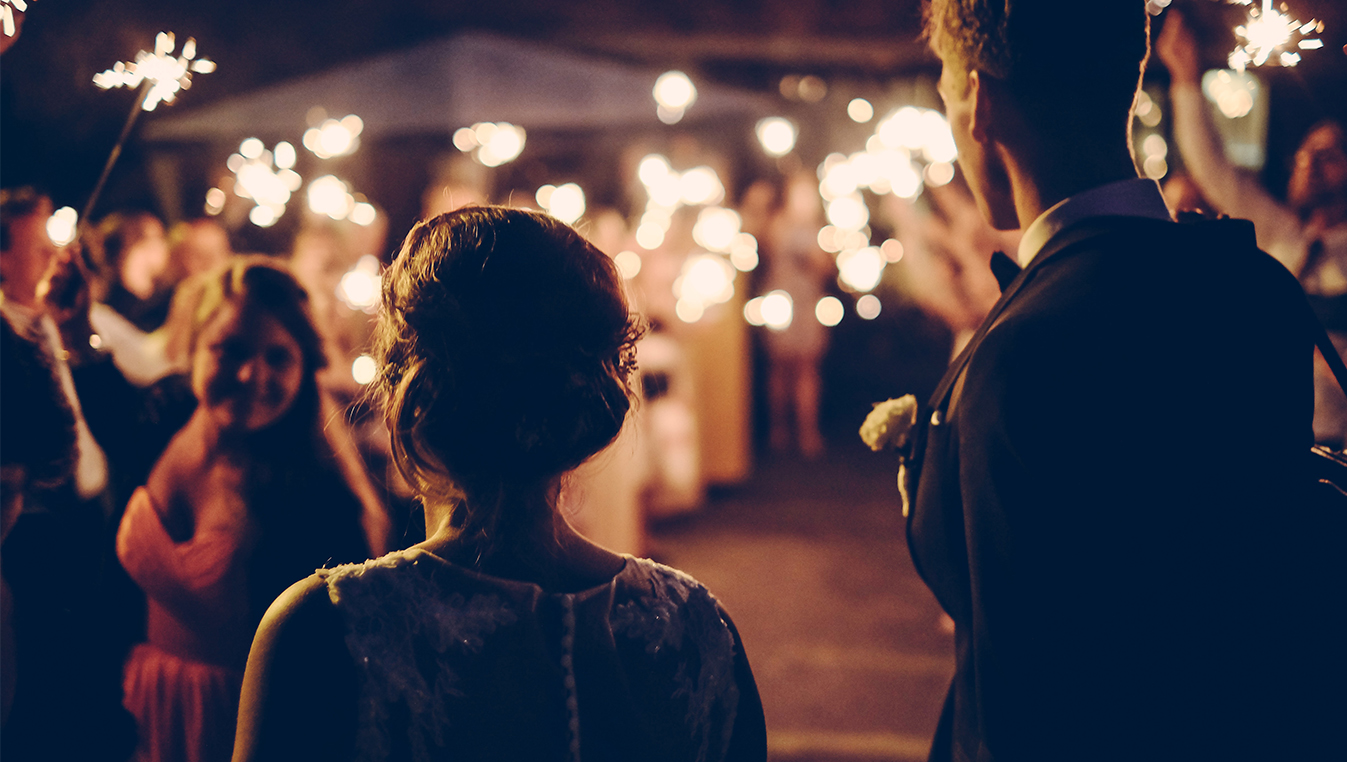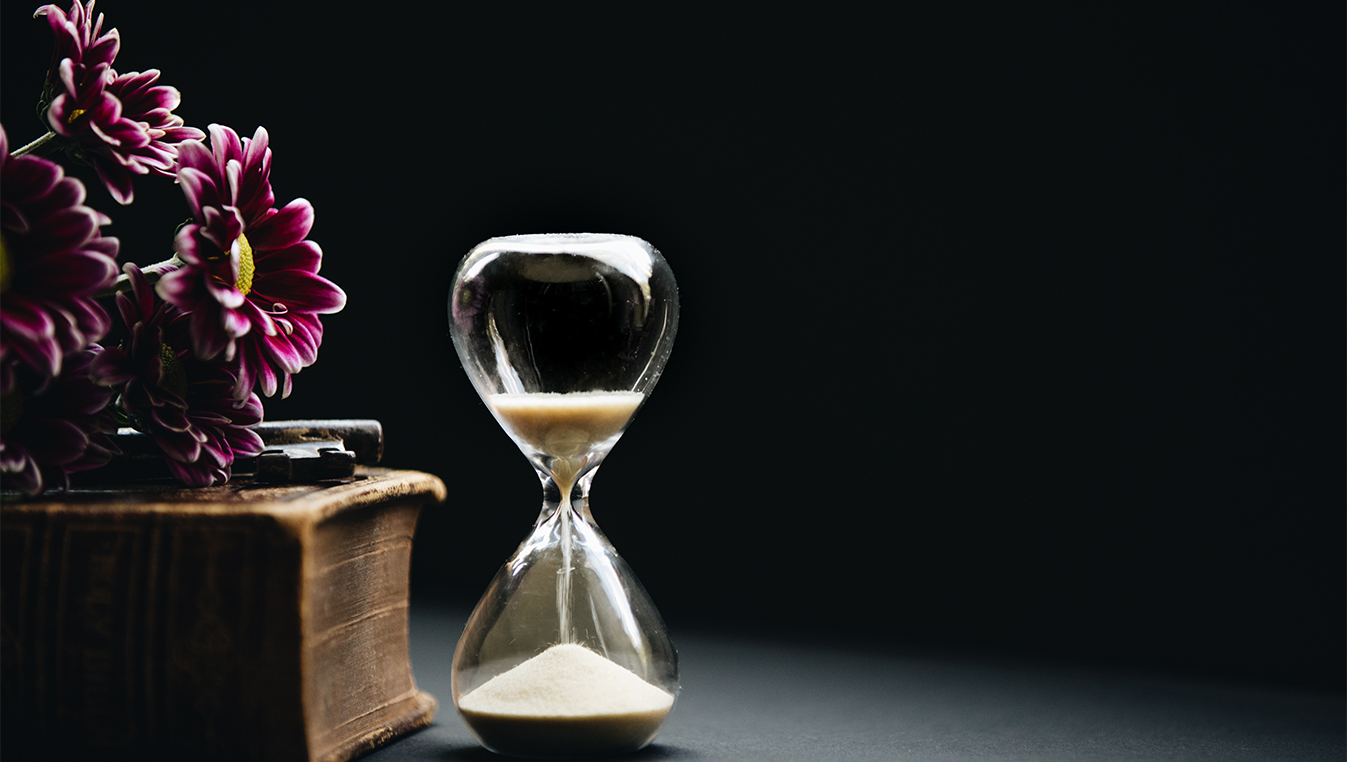India is a country of many festivals, celebrated by various communities in various parts of the country. Going by the Hindu calendar, almost each day is a festival in one way or the other. However, major festivals of various communities are few and celebrated with great joy and participation.
One of the major festivals of Hindus is Diwali. It is a festival of lights and sweets. It is celebrated on the dark night of Kartika and generally falls in the second half of October or the first half of November. On this day, Lord Rama had returned to his kingdom of Ayodhya after completing 14 years of exile and destroying countless demons during this period, including the powerful Ravana. Thus, this festival signifies the victory of light over darkness and of virtue over evil. That is why lamps are lit all around and sweets are distributed among friends and relatives. People visit each other carrying sweets and gifts as a mark of goodwill. They also enjoy fireworks and crackers in the night. With materialism on the rise, this exchange of sweets and gifts has assumed huge proportions and has become an expensive affair. Even the fireworks and crackers have become very expensive. In this way, this great festival has gradually become an extravaganza for the rich while the poor try to celebrate it with their limited resources, quite often envying the rich.
I have been observing this phenomenon since my childhood. I still remember the joy of buying a few kilograms of sweets in an open utensil in the company of my father. In those days, there was no packing and the prices were low. So we could buy lots of sweets within one hundred rupees and thereafter distributed them among friends. Not only this, eating sweets was a matter of great joy and each piece was enjoyed thoroughly. The whole community participated in each other’s celebration with hardly any comparisons.
Today, things have changed greatly. I have watched this change more keenly as a member of the Indian Administrative Services. While in the initial years of service one pack of sweets was enough to show respect, currently it has no meaning. A good number of people, particularly the neo-rich, feel that respect is directly proportional to the price of gifts or the number of packets. They load their expensive cars with expensive sweets and gifts and pass them on to those whose pleasure can benefit them or displeasure may harm them. Quite often, their Diwali passes in running around the town or sending couriers to other towns. As a member of the Indian Administrative Services, I have also been a beneficiary of their charity. It is a different matter that most of them developed a personal relationship in due course and I share their gifts with many others.
But what about the rich man’s own Diwali? While they distribute lots of sweets and dry fruits, I have not seen any of them enjoying even one piece of sweet. Whenever they are offered sweets, they beg to be excused with folded hands and say that during Diwali sweets are a taboo for them. And I very amusingly watch this, thinking that if they cannot even see sweets in Diwali, what kind of Diwali would they be celebrating. On the other hand, the lesser mortals enjoy sweets thoroughly and anything passed onto them is a matter of joy for the giver as well as the receiver. At least from this point of view, Diwali has no meaning for the rich; it is the poor who enjoy the festival the most. Surely, the poor need not envy the rich for their extravaganza.














